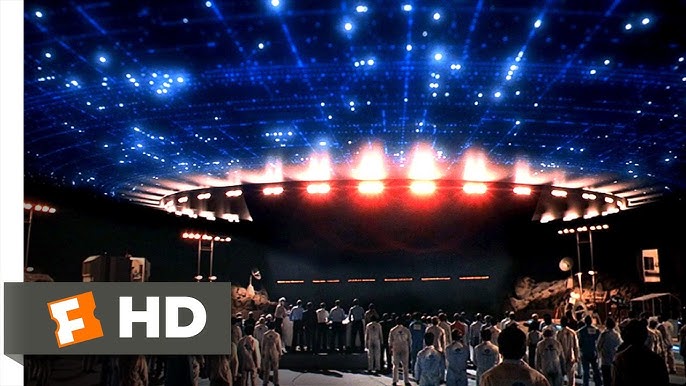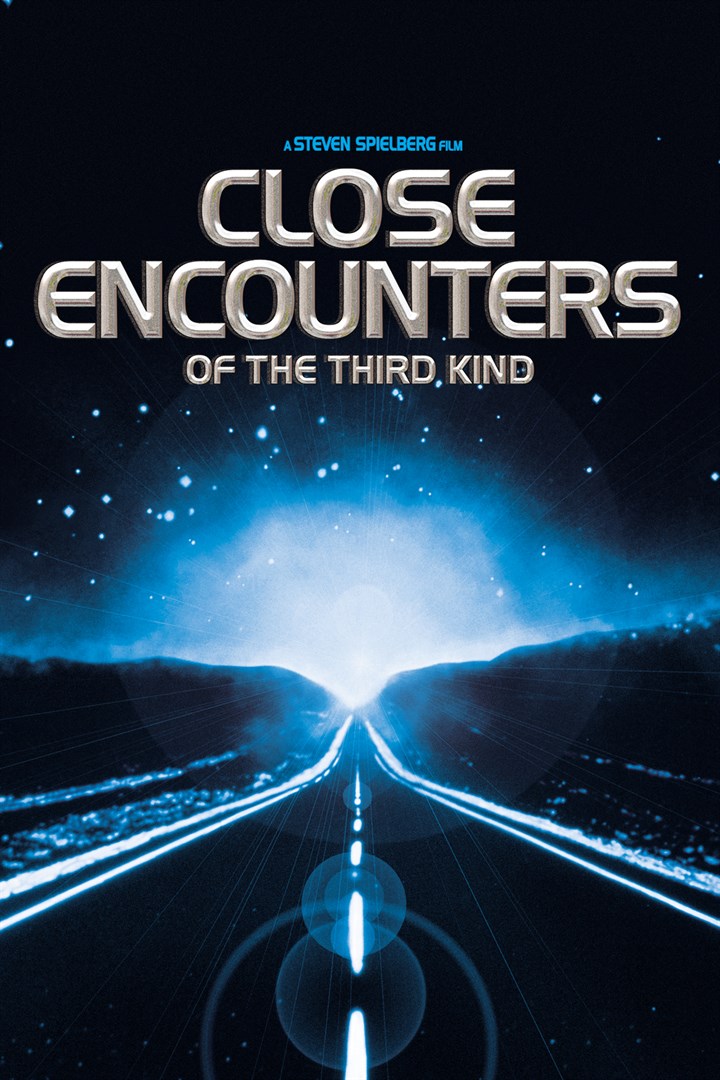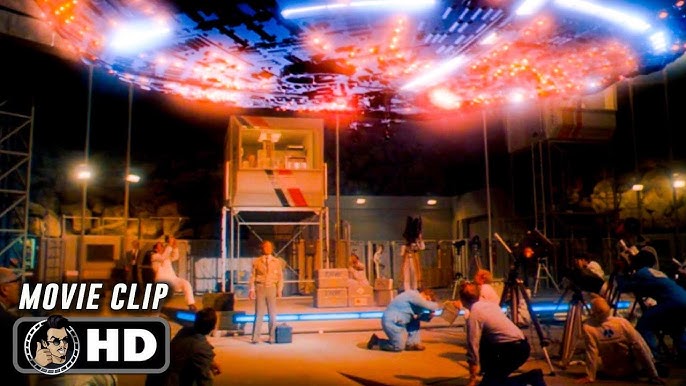Close Encounters of the Third Kind (1977)

“Close Encounters of the Third Kind” (1977): A Landmark in Sci-Fi Cinema
Released in 1977, “Close Encounters of the Third Kind” is a groundbreaking science fiction film directed by Steven Spielberg. Known for its innovative storytelling and visual effects, the film explores humanity’s first contact with extraterrestrial life and delves into themes of curiosity, communication, and the search for understanding.

The story revolves around several characters, most notably Roy Neary (Richard Dreyfuss), an electrical lineman who experiences a close encounter with a UFO while on his route. This encounter profoundly affects him, leading to a series of obsessive visions and a compulsion to understand what he has witnessed. As he becomes increasingly alienated from his family and community, his quest for answers propels him to a remote location in Wyoming, where other witnesses converge.

Another key character is Jillian Guiler (Melinda Dillon), a mother whose son is abducted by the mysterious beings. Her journey parallels Roy’s as they both seek answers and grapple with the implications of their experiences. The film intertwines personal stories with the larger narrative of humanity’s encounter with the unknown.

One of the film’s most iconic elements is its use of music as a form of communication between humans and extraterrestrials. The sequence involving a five-note musical motif, composed by John Williams, becomes a central theme as it serves as a bridge between the two species. The combination of visual and auditory elements creates a mesmerizing experience that emphasizes the importance of communication and understanding.
Spielberg’s direction is marked by a sense of wonder and awe, capturing the beauty of the night sky and the mysterious allure of the UFO phenomena. The cinematography by Vilmos Zsigmond enhances the film’s visuals, creating striking images that blend everyday life with extraordinary events. The special effects, particularly the depiction of the spacecraft, were groundbreaking for their time and continue to resonate with audiences today.
“Close Encounters of the Third Kind” was met with critical acclaim upon its release, praised for its ambitious storytelling and emotional depth. It was nominated for multiple Academy Awards, winning one for Best Cinematography. The film is often regarded as one of the greatest science fiction films in cinema history, influencing countless filmmakers and inspiring generations of viewers.
In conclusion, “Close Encounters of the Third Kind” is a masterful exploration of humanity’s quest for knowledge and connection with the cosmos. Directed by Steven Spielberg and featuring a memorable score by John Williams, the film balances personal stories with grand themes of exploration and understanding. As it invites viewers to ponder the mysteries of the universe, “Close Encounters” remains a timeless classic that continues to inspire wonder and curiosity about our place in the cosmos.











